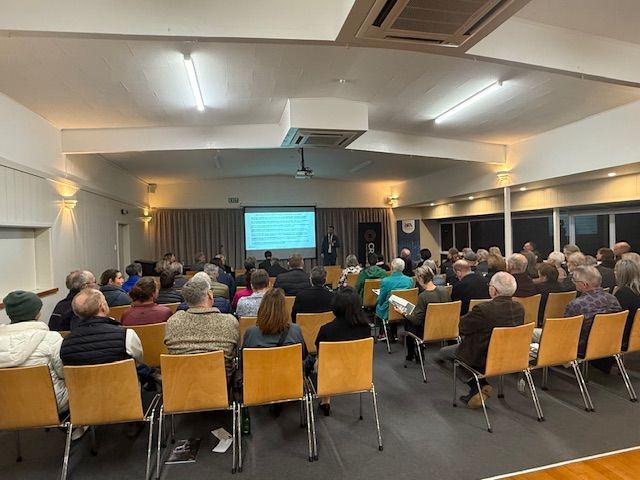Accounting 101: Small Business Bookkeeping
This January we are going back to basics and taking a look at some of the cornerstones of accounting.
First up – Bookkeeping.
Accurate, up-to-date financial records are vital for running a small business. They let you keep tabs on spending, help you plan and budget, avoid cash-flow issues and identify payment issues that could be costing you money.
Even more important, well-kept ‘books’ are a must when it comes to completing accurate tax returns and working with lenders.
The basics of Bookkeeping
- Recording means keeping a record of every incoming and outgoing transaction.
- Reconciling involves checking transaction data against bank statements to make sure everything matches up. This helps you identify errors or late payments – or in some cases, fraudulent activity.
- Bookkeeping in a small business also includes accounts receivable, accounts payable and payroll – that is, sending outgoing invoices, paying incoming bills and paying staff.
Bookkeeping and Software
Technology has come a long way from the leather-bound ledgers and manual cross checking of years gone by, however bookkeeping is still an essential part of owning a viable business. Thankfully accounting software can take on many of the more menial bookkeeping tasks including:
- Recording sales: information flows straight from a point-of-sale or invoicing system into accounting software.
- Tracking purchases: business purchase data can be automatically recorded.
- Reconciliation: is quicker and more accurate. Bank feeds are directly sent into accounting systems.
- Invoicing and bill payments: can be streamlined and some can be automated.
Here at BFA we have a specialist Bookkeeping and Payroll team. If you need help or guidance in this area send us a message.











